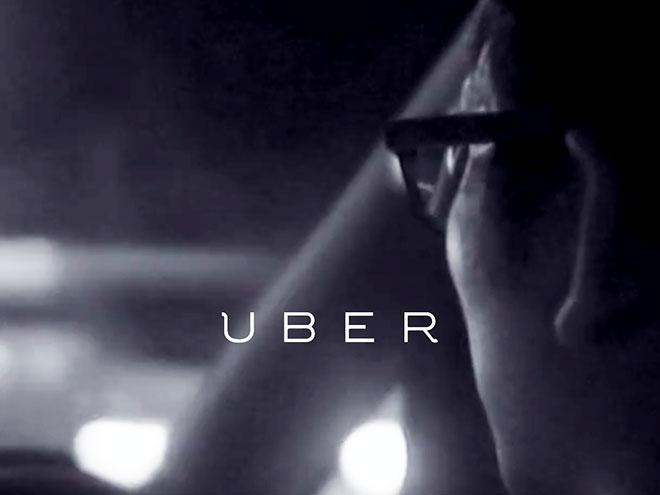The taxi wars continue. Nanjing’s cabbies are looking forward to a new pricing system to be introduced end of April, whereby trips farther than 20km will see the price/km go up by 50 percent.
Under the new system a trip to the airport will cost ¥20 more than it does currently, while after 11pm the late night fees result in ¥30 surcharge. This is a small consolation price considering that returning to the city with an empty car will result in the driver barely making any profit, while if a cabbie wants to return from the airport with a paying passenger in their vehicle they tend to face a wait that could last a couple of hours, again costing them valuable time and money.
The “empty return fee” as it is called in Chinese comes after protests by Nanjing’s drivers as part of the nationwide movement exposed the harrowing reality of being a taxi driver in this city, with work weeks of 56 hours on average and an actual income of only around ¥2000 per month.
Another reason for the discontent of local drivers was the “Tuhao Taxi” system, which saw private car owners entering the driving business to provide luxury rides to passengers via many of the main taxi apps such as Didi Dache.
While the problem of luxury taxis encroaching on the regular taxi market has not disappeared, Nanjing’s taxi drivers can currently only take solace in the fact that American taxi app service Uber has not yet arrived on our reaches of the Yangtze River.
The app that is making international waves was launched in Beijing’s Sanlitun district in January 2014 as a soft opening and in Beijing proper, Shanghai, Guangzhou and Shenzhen in July 2014. Having been around for almost a year, the service now seems to be picking up speed, following a deal with search engine Baidu, whose expected investment in the app from abroad was confirmed 17th December 2014. At this point the app is available in nine Chinese cities (or ten depending on whether you count Hong Kong), with the closest to Nanjing including Hangzhou and of course Shanghai to no one’s surprise.
Conversation with multiple drivers in Beijing revealed that they tend to be private individuals with nice cars who are looking to make a few extra bucks during their free time. Uber has made sure that the drivers will flock to to their service as they are currently paying them ¥225 for every ¥100 they earn driving on the road, a typical reward technique used by local taxi apps to penetrate the market.
In the case of Uber the fact that the drivers are not solely dependent on their driving income means they are a lot less under pressure and have not yet become disinterested in the people that are sitting in their car. Very personal and friendly conversation ensued as to where we were spending our Tomb-Sweeping vacation and suggestions as to what the best sights were where we were going.
The pleasant experience continued when even though the freebies of 50 percent off on the first three rides of up to ¥30 were used up quickly as the pricing seems to be only a little higher than your regular taxi. The main issue the service faces, so tells us one taxi driver, is that since all interaction via the app needs to first go to US servers and then return to China, passing through the Great Firewall on its way, the service can become frustratingly slow at times.
Furthermore, Uber faces tough competition from local providers, who do not face the same issue. Not only with Didi Dache and Kuaidi, the moguls of the Chinese taxi app industry, but Shenzhou, a taxi app service focused entirely on providing the “luxury taxi experience” remain the major players in the taxi app game. Shenzhou still offers a double up on money put in one’s personal account, i.e. charge ¥100 receive ¥200 credit aside from initially providing far more attractive offers, though at almost double the cost of regular taxis, in the end one is currently paying spending the same amount as for any regular old taxi. Once the Bogof credit offer ends, Shenzhou might find itself in trouble.
That being said, it is clear that the taxi app market is becoming increasingly convoluted. The winners, and this is the good news for anyone but taxi drivers, tend to be the customers, as they jump from app to app to app, making use of all the freebies offered up by companies in attempt to outbid each other.









